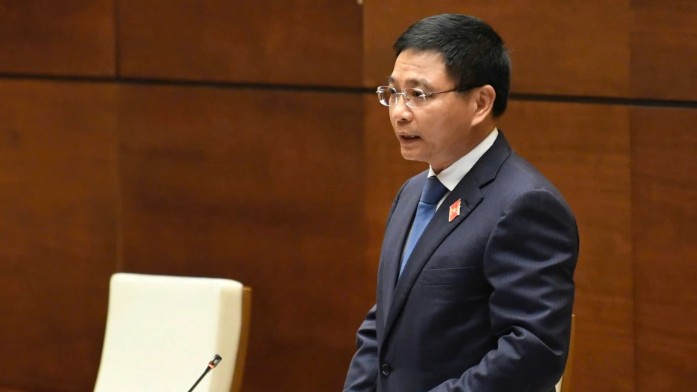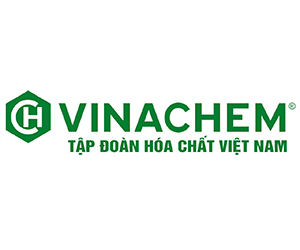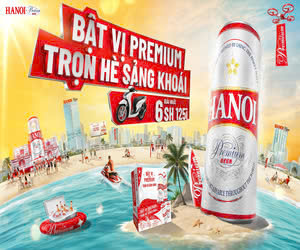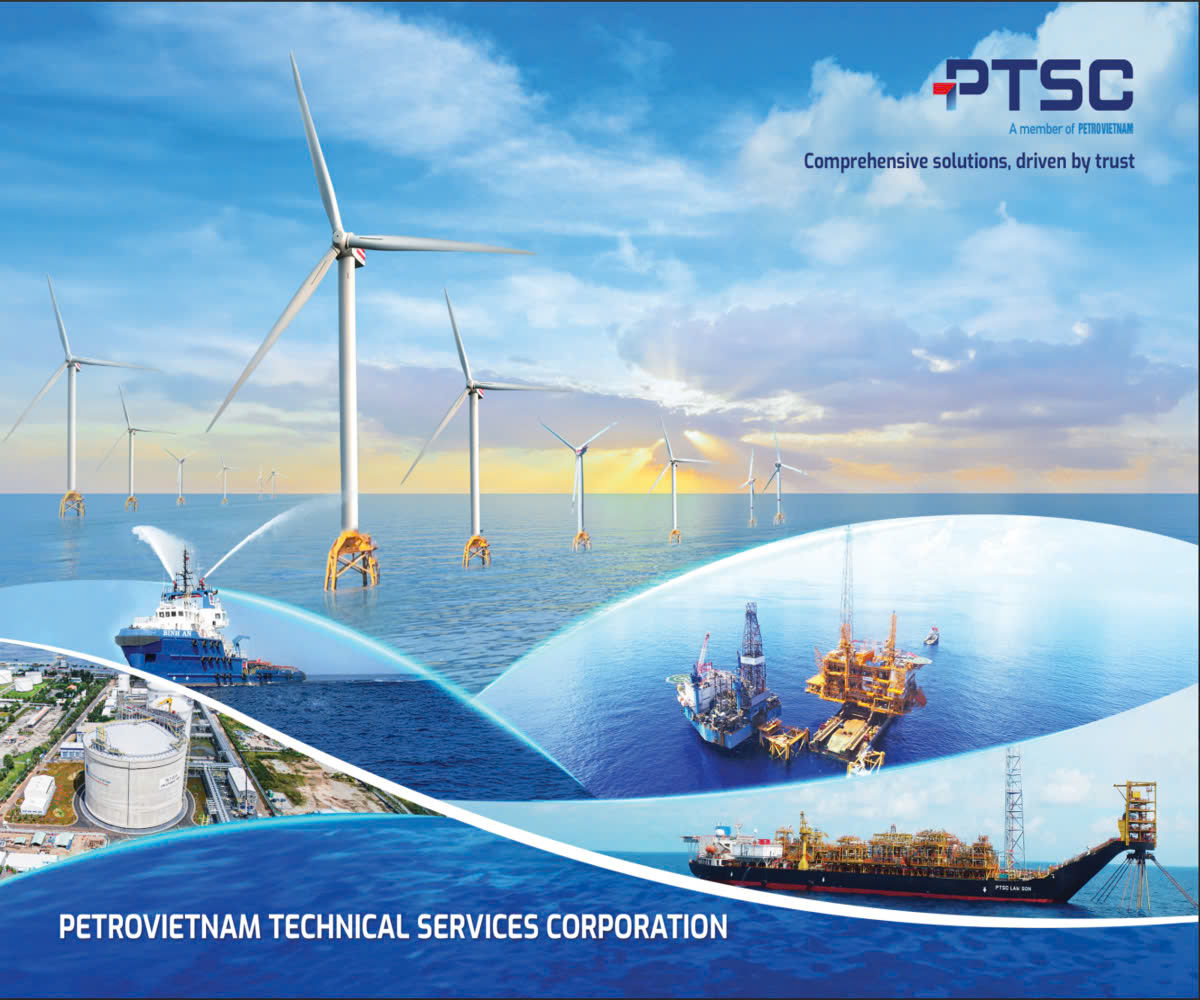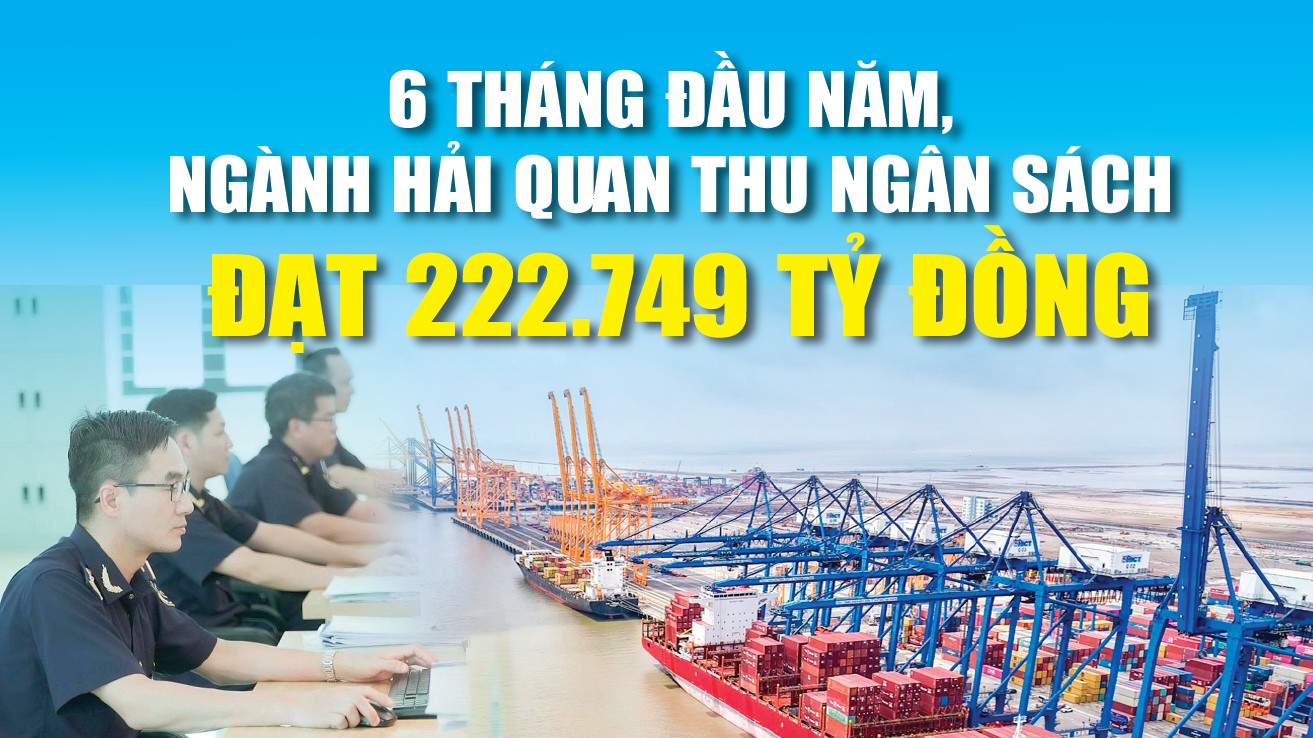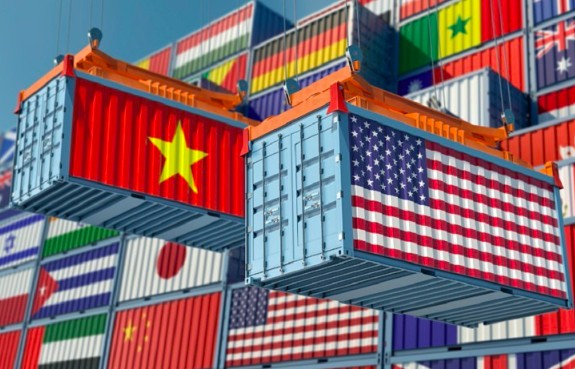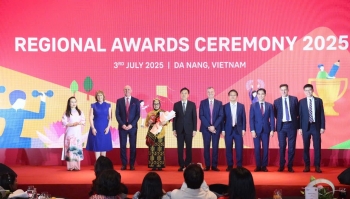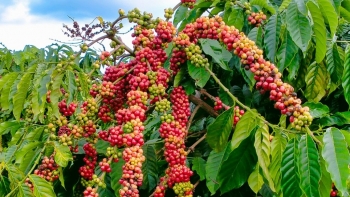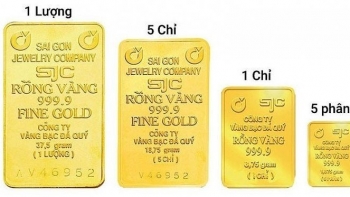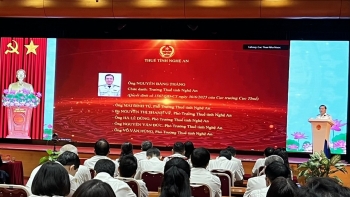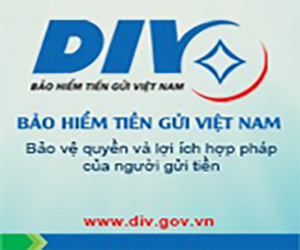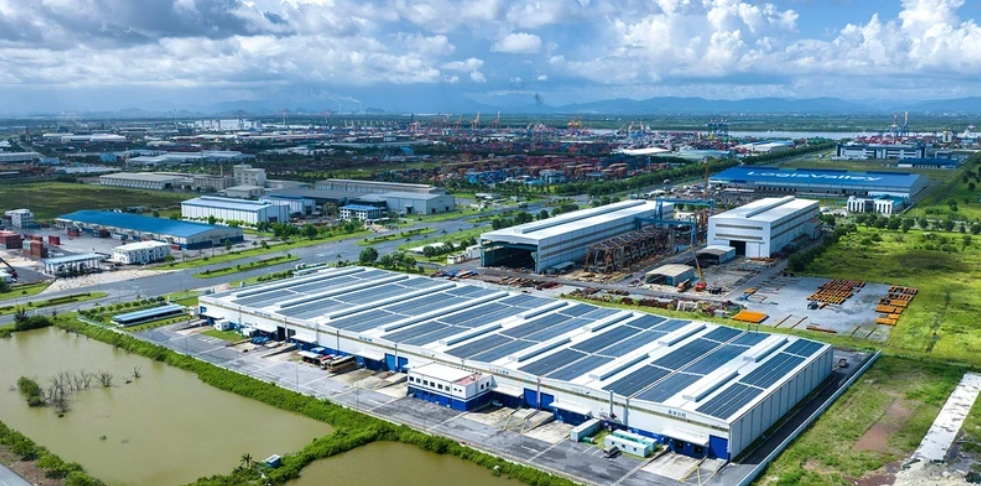 |
| DEEP C Industrial Zone is carrying out investment in renewable energy projects. |
Last December, at the Vietnam - Japan Economic Forum in Tokyo, DEEP C Industrial Zones in Hai Phong City signed a cooperation agreement with Japanese businesses on the development of renewable energy from biomass and green hydrogen. In particular, customers at the DEEP C Industrial Zones are provided with cleaner energy options. This is one of the most important steps for this industrial zone to be self-sufficient in renewable energy.
What are FDI enterprises doing?
Bruno Jaspaert, the CEO of DEEP C Industrial Zones, said this unit sets a target meet of 50% of its electricity needs being from renewable energy themselves by 2030. This is also one of the roadmaps to converting to eco-industrial zones. In the near future, DEEP C will continue to focus on renewable energy projects, developing industrial symbiosis opportunities in industrial zones and recycling solutions such as building roads from recycled plastic, to bring environmental, economic and social benefits to both DEEP C and the community, he said.
Starting with a small factory in Hoc Mon District, Ho Chi Minh City, Heineken now has six factories in Vietnam. The problem of "greening" is a special concern of not only the world and Vietnam but also businesses. Alexander Koch, Managing Director of HEINEKEN Vietnam, said to date, that the business has applied renewable biomass thermal energy in all six breweries. All (100%) of the electricity used in Heineken's production is guaranteed by Energy Attribute certificates purchased from certified suppliers in Vietnam.
Notably, all six Heineken breweries have stopped landfilling waste. Towards zero net emissions and promoting a circular economy, Heineken is working with partners to implement water conservation activities in key river basins of Vietnam, including the Red River, Dong Nai and Tien River, Alexander Koch said. At the same time, the business continues to explore more radical renewable power solutions, such as the direct power purchase mechanism (DPPA) and solar energy systems, he added.
A report by the European Business Association in Vietnam shows that reflecting the strategy of diversifying the supply chain and prioritising sustainable development, many foreign retailers have chosen Vietnam as the strategic centre of global supply chains. Since the EVFTA was adopted, EU investors have committed to invest more than 26 billion USD in nearly 2,250 projects in Vietnam.
For example, Denmark's LEGO Group received approval to invest more than 1 billion USD in a Vietnamese carbon-neutral factory, while Germany's Adidas has 51 local suppliers with more than 190,000 employees. Vietnam is among the top three global investment destinations and more than half of investors plan to promote investment in Vietnam by 2023, especially in the high-tech manufacturing sector.
This boom in investment highlights the effectiveness of FTAs in attracting sustainable and high-quality FDI projects and making Vietnam a strategic destination. EU is Vietnam's 6th largest foreign investor with more than 27.8 billion USD in 2,450 projects over the past three decades, of which more than 60% are in the manufacturing sector.
As consumers have been increasingly favouring more environmentally friendly products amid the global green transition, the companies are prioritising professional green logistics. The Green Economy Forum (GEF) 2023 in Hanoi gathered more than 500 participants, demonstrating the power of open dialogue towards the cooperation with Vietnam on the "go green" journey.
For nearly 40 years of Doi Moi (renewal), the FDI sector has always affirmed its important role in the Vietnamese economy. Although the global FDI trend is declining, Vietnam is still a bright spot in attracting FDI. In 2023, FDI attraction reached nearly 36.6 billion USD, a year-on-year increase of 32.1%; realised FDI capital was nearly 23.2 billion USD, up 3.5%. As of the end of February 2024, there were currently more than 39,5000 valid FDI projects, with a total investment capital of more than 473 billion USD.
With the potential of capital , technology and experience learned from many developed countries, the efforts of the FDI business community in "greening" production are of great significance in the process of implementing the goal of “net zero” in Vietnam by 2050.
Affirming the "leading" role
At his meeting held by the Ministry of Planning and Investment, World Bank (WB) and International Finance Corporation (IFC), with FDI enterprises and the annual Vietnam Business Forum 2024 themed “FDI enterprises pioneer in implementing Green Growth Strategies”, Prime Minister Pham Minh Chinh said Vietnam always determines green growth as one of the two core elements (along with digital transformation) in the process of economic restructuring transforming the growth model towards improving productivity, quality, efficiency, competitiveness, and rapid and sustainable development.
The Prime Minister stated clearly that Vietnam resolutely does not accept the model of "growing first, cleaning up later"; in transforming the growth model from "brown" to "green"; Mobilising and effectively using internal and external resources for the development of green ecosystem, circular economy, low carbon, and energy conversion.
Along with the strong development of the 4.0 industrial revolution, this is an inevitable trend and the goal of every country and a new growth engine. No country can stand outside this process.
Vietnam has actively and responsibly participated in promoting green growth and sustainable development. Vietnam committed to net zero emissions by 2050 at COP26; participating in the Asia Net Zero Emissions Initiative (AZEC). Vietnam promotes the implementation of a sustainable development project of 1 million hectares of high-quality and low-emission specialised rice in the Mekong Delta; and carries out the Plan of developing large-sized timber forests for the 2024-2030 period.
The Prime Minister called on FDI enterprises and foreign investors to accompany Vietnam in implementing green transformation and sustainable development with the spirit of the “three pioneers”.
Firstly, the FDI businesses pioneer in awareness, thinking and action; their innovative way of thinking and acting on green growth.
Secondly, they pioneer in technology transfer, research, development, and innovation to serve green growth.
Thirdly, the businesses pioneer in implementing specific green growth projects, renewing traditional growth drivers and adding new growth ones./.






